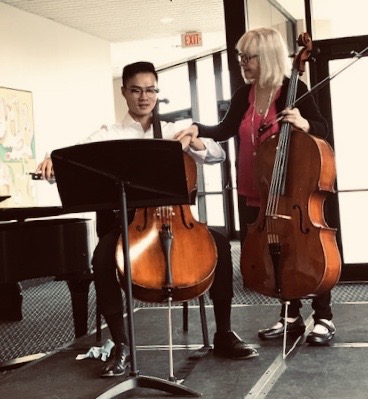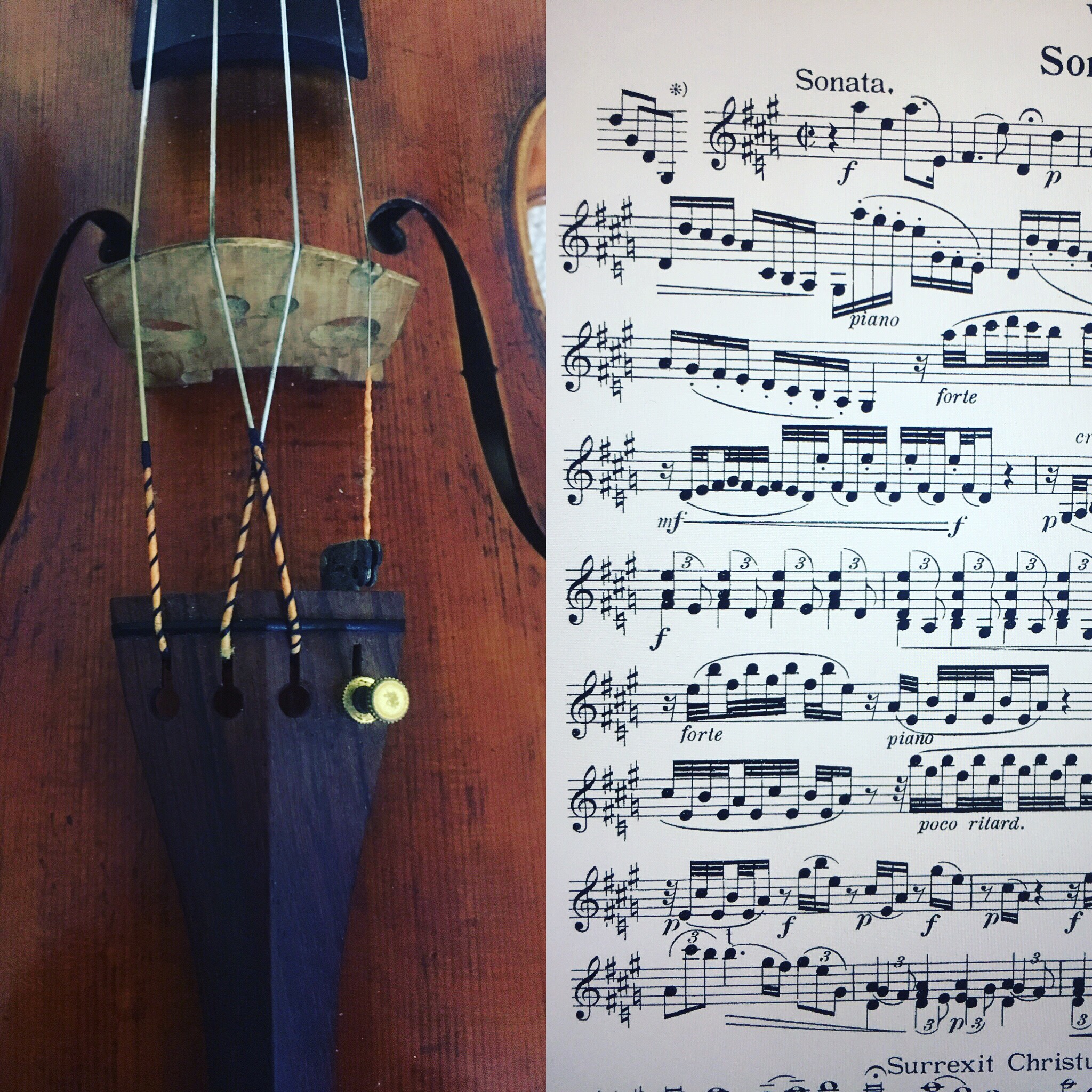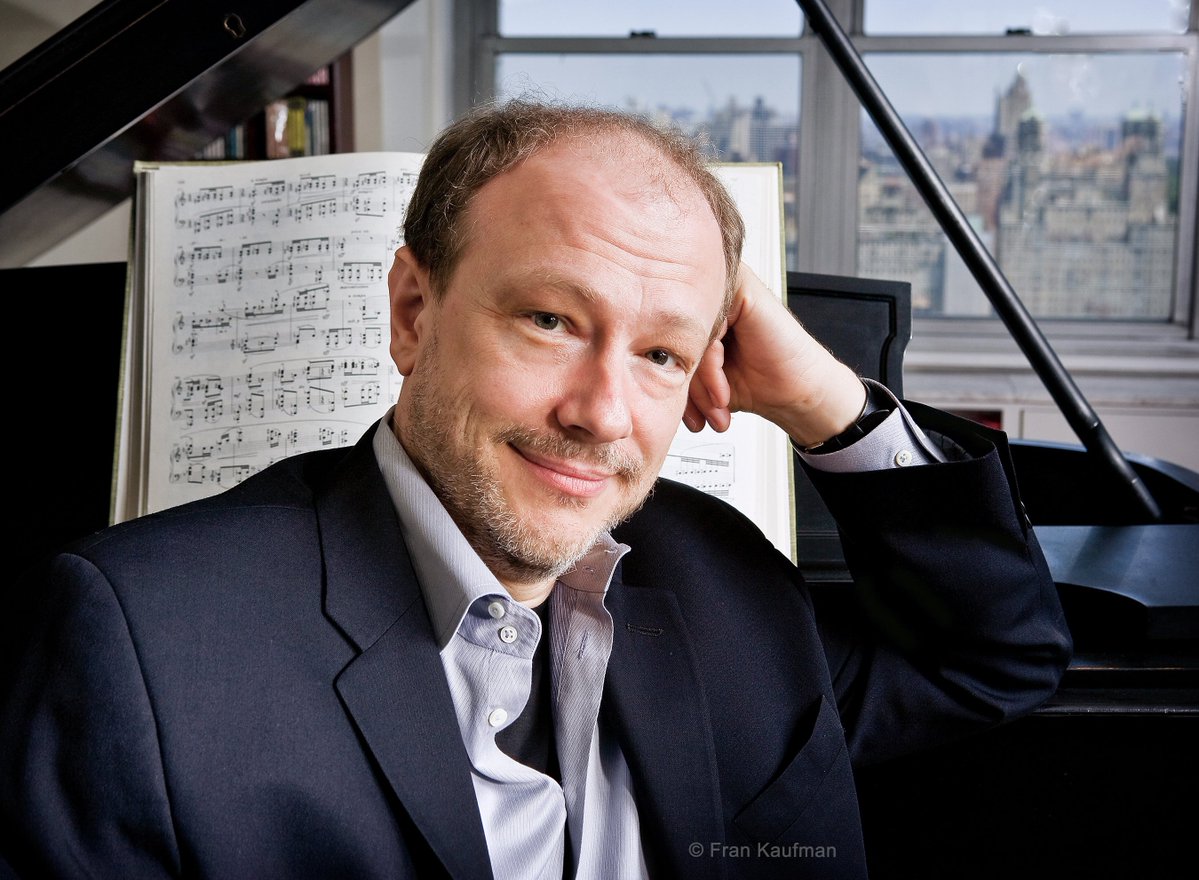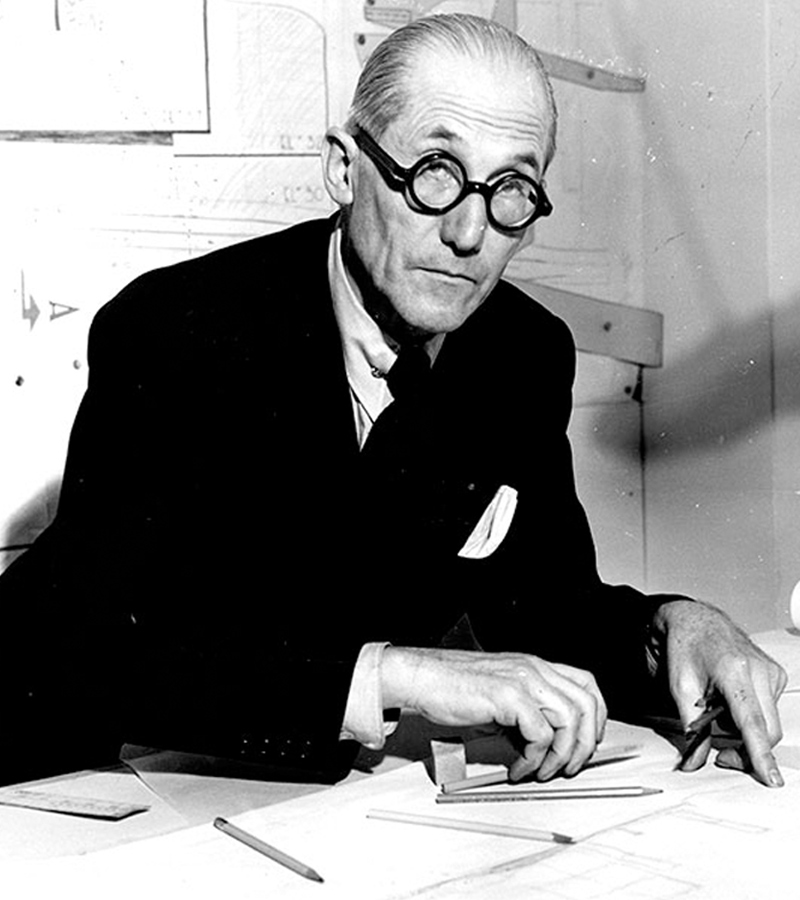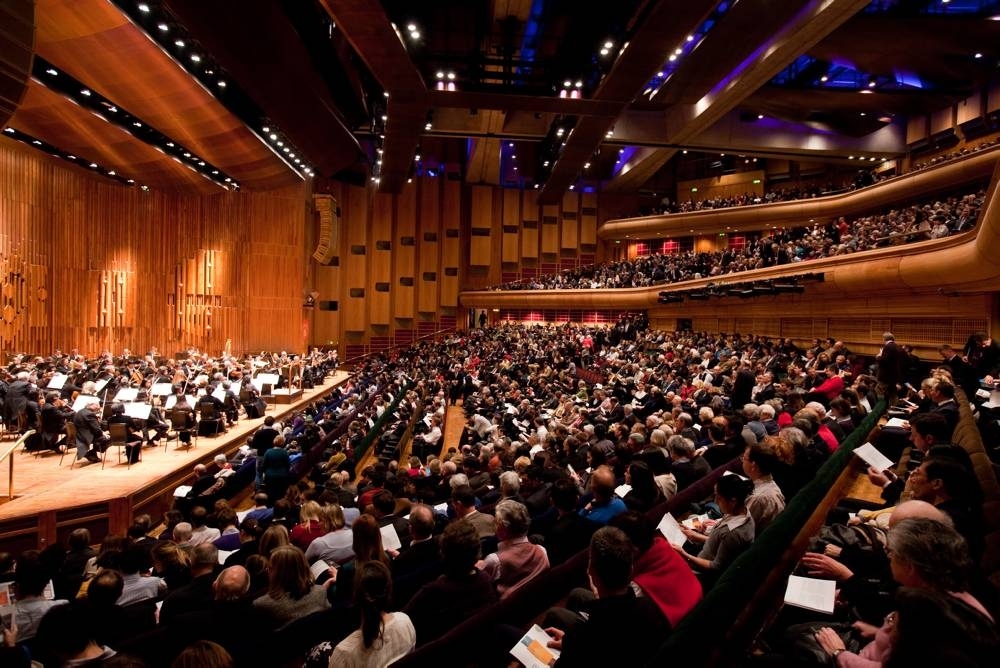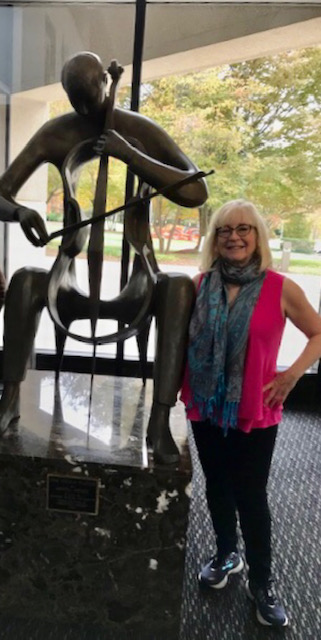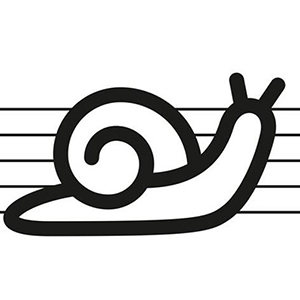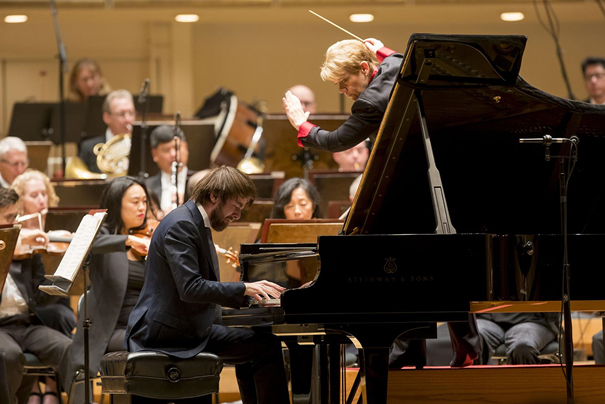What’s the Difference? Here’s My Approach Last month I gave a masterclass at George Mason University School of Music in Fairfax, Virginia, the largest 4-year public university in Virginia. I heard four young cellists, and later addressed the full University
Articles
When it comes to unconventional classical music, there are several composers that can be singled out. Some who would fit the bill are Philip Glass, Erik Satie, Stravinsky, Schoenberg and my favourite unorthodox composer, Heinrich Ignaz Franz Biber. Born in
Canadian pianist Marc-André Hamelin can play anything just about better than anyone else on the current international piano circuit. Or so it would appear from his fascinating recitals whose diverse and ambitious programmes range from Alkan to Ives, Liszt to
“To create architecture is to put in order. Put what in order? Function and objects.” When Le Corbusier said that sentence about architecture, he could have been talking just as much about music. While the architect practices the art of
This catchy little phrase is part of the current classical music marketing for London’s Southbank Centre (which includes the Royal Festival Hall). It’s a great statement because it’s true: nothing beats the experience of live music. A recording is a
After many decades of performing, one would think everything that could possibly go wrong has… Wrong! Or am I a magnet for snafus? Last month, my pianist and I drove the two hours to a University in a nearby town.
Long before the recent cultural revolution that wants us to slow down the pace of our lives known as the Slow Movement, we had the slow movement in music. Composers have always known that to balance their music, there needed
The Instrumental Concerto: pinnacle of music creation – for a soloist and conductor, the ultimate achievement on stage. The convergence of multiple elements in a perfect marriage of complexity, virtuosity, communication, and connection. Except for those times it ends up

